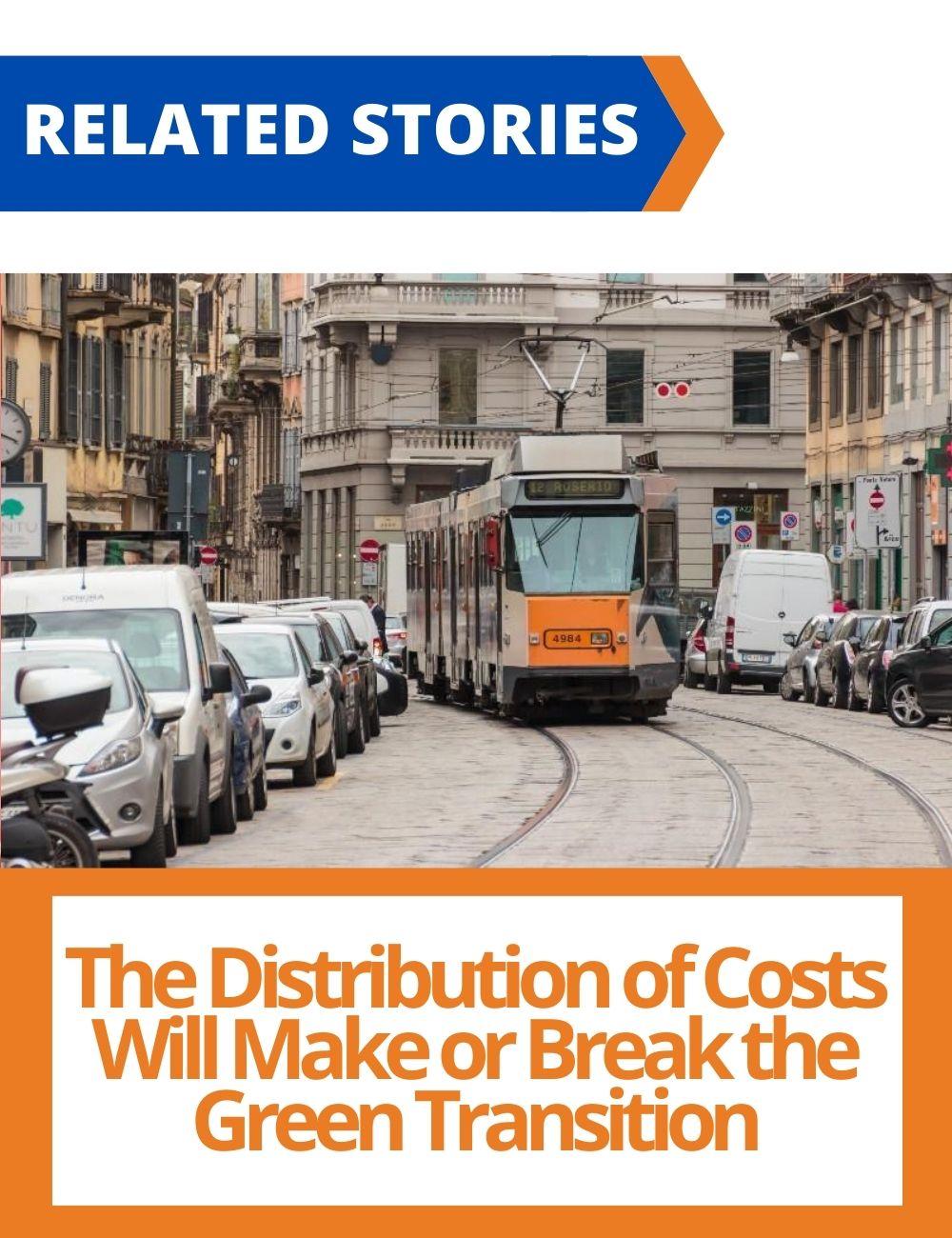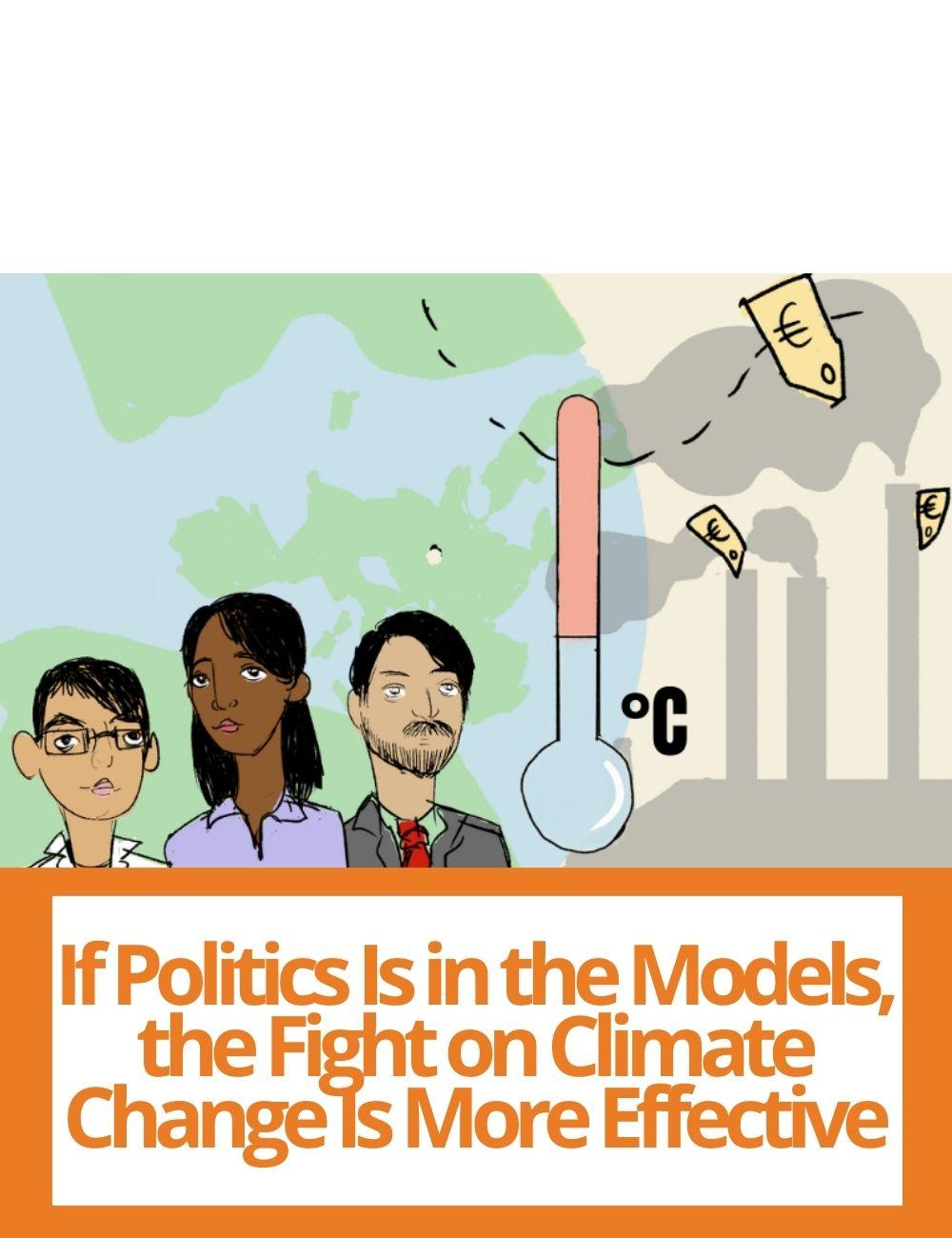
Green Vote Fades Where Import Competition Scares People
New research by Valentina Bosetti (Department of Economics) and Italo Colantone (Department of Social and Political Sciences) suggests that Western policymakers wanting to make progress on climate action should address the distributional consequences of international trade.
In a paper with Charlotte Bez (Scuola Superiore Sant'Anna) and Maurizio Zanardi (University of Surrey), Professors Bosetti and Colantone investigate the economic determinants of green voting and attitudes in the US and Europe. They find that individuals who live in areas more exposed to international trade display lower support for environmentalist parties and more skeptical attitudes about climate change.
"Our empirical findings are in line with the theoretical channel of deprioritization of environmental concerns, as trade-induced economic distress raises the salience of economic issues," the authors write. Economic shocks leading to unevenly distributed economic grievances turn out to have implications for the way people think about climate change and the extent to which they are willing to vote for environment-friendly parties.
The analysis covers the United States and 15 countries of Western Europe over the period 2000–2019 and exploits differences in trade exposure across subnational geographic areas. Such exposure is shown to significantly affect an Environmentalism Score index that measures the ideological leaning of each area in terms of environmentalism. Specifically, the parties competing in an area are given an environmentalism score and such scores are weighted by their vote share in the area.
The effect of trade exposure is statistically significant and substantively important, both in Europe and in the US. The authors observe what they call a "sociotropic" response of voters, who seem to react to import competition in their area independently of their personal extent of exposure.
Elaborating on the results of pre-existing large surveys, the authors are also able to show that trade exposure affects not only voting behavior, but also environmental attitudes, with people more exposed to import competition being less worried about climate change and less likely to support green policies.



"Our findings also bring to the forefront an important additional element for the evaluation of the currently debated carbon border adjustment mechanism (CBAM)," comments Prof. Bosetti. CBAM is a carbon tariff on carbon intensive products imported by the European Union from countries with looser environmental regulations, which takes effect in 2026, with a transitional phase that started at the beginning of October 2023. "By taxing climate externality, CBAM might lower import growth and partly avoid further deterioration of the socioeconomic situation of trade-exposed social groups. In addition, this mechanism will generate tariff revenues that could be used to compensate vulnerable households."
"The climate challenge will be much harder to win without a more inclusive policy approach to managing structural changes, such as international trade or automation," says Prof. Colantone. "This is all the more true because the losers in the green transition, such as low-skilled manufacturing workers employed in polluting industries, tend to overlap significantly with social groups that have already been negatively affected by globalization and technological change over the past three decades."
Charlotte Bez, Valentina Bosetti, Italo Colantone, Maurizio Zanardi, "Exposure to International Trade Lowers Green Voting and Worsens Environmental Attitudes." Nature Climate Change, Published online 14 September 2023, DOI: https://doi.org/10.1038/s41558-023-01789-z.
A Fading Shade of Green Voting
